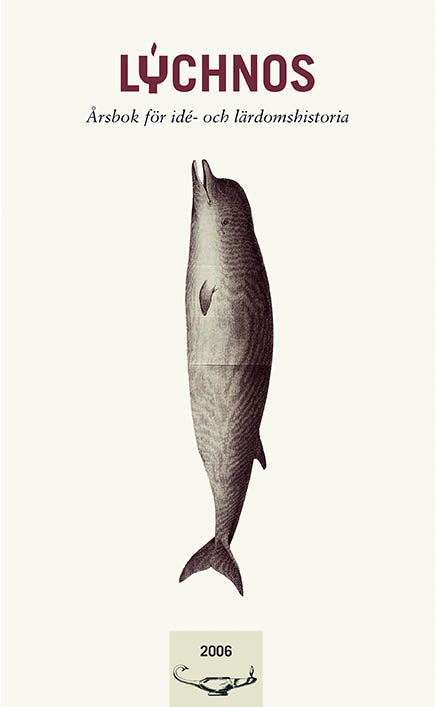Wilhelm von Humboldt’s freedom as epigenetic self-cultivation
Abstract
This article examines the complex notion of freedom in the first major work of the German philosopher and Prussian government functionary Wilhelm von Humboldt (1767–1835), Ideen zu einem Versuch, die Gränzen der Wirksamkeit des Staats zu bestimmen from 1792 (On the limits of state action). As Humboldt in this work advocates minimal state intervention as a condition for individual self-realization, he is often considered as a proponent of what Isaiah Berlin in the 1950s characterized as negative liberty, that is liberty as independence and non-interference. I am arguing that Berlin's distinction between negative and positive liberty conceals more than it reveals when applied to Humboldt's thinking. By seeing Humboldt's idea of freedom in the light of the late eighteenth-century theory of epigenesis, according to which evolution is an unpredictable and successive self-generation, I am showing the intricate entwinement in Humboldt's philosophy between freedom as non-interference and independence and freedom as successive development and self- realization; a realization whose ultimate conditions have to be secured by the state. Epigenetic ideas became vital elements in German Idealism and crucial components in the idea of Bildung as an individual process of cultivating a unique personality, which by Humboldt becomes a concern of the state and an object for regulations and standardizations. Seeing his idea of freedom as an epigenetic process of self-cultivation, I claim, makes apparent the double role which he ascribes to the state, which should motivate a more nuanced reading of Ideen.
Downloads
Published
Issue
Section
License
This work is licensed under a Creative Commons Attribution 4.0 International License. The copyright for the work published in Lychnos remains with the authors.


